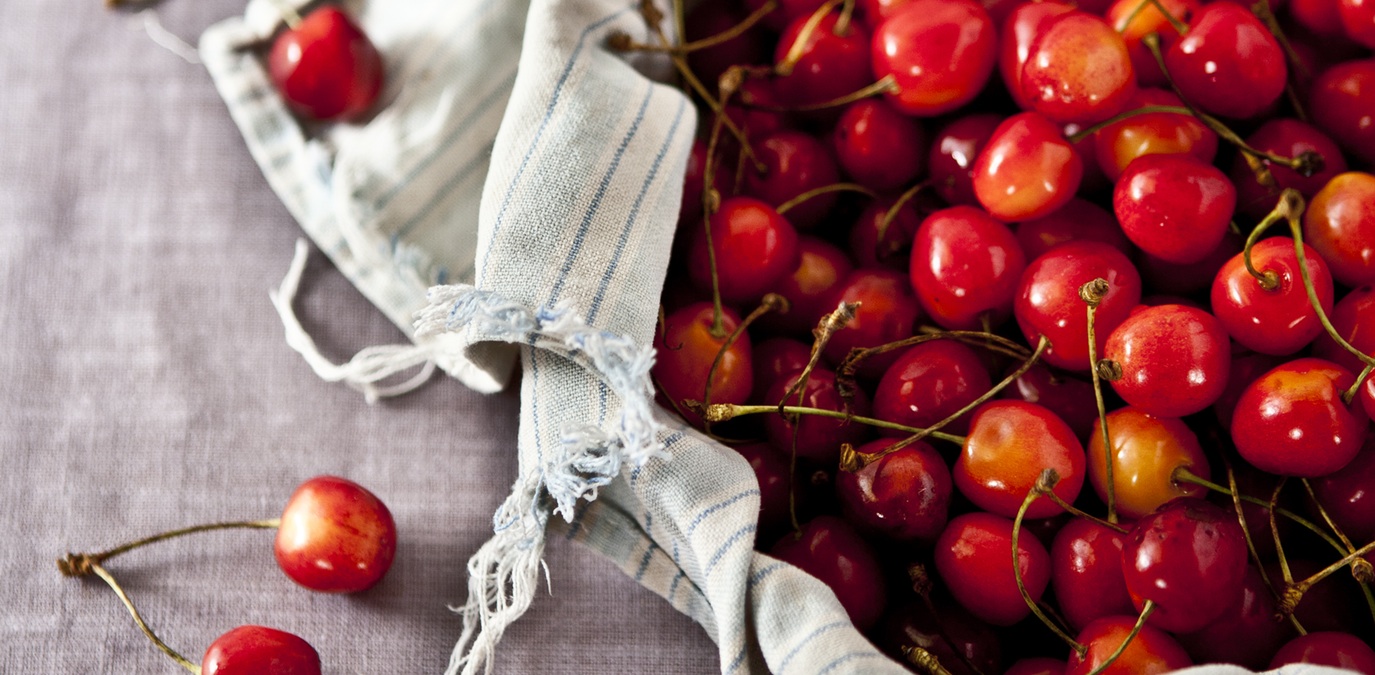 We will need fossil fuels like oil and gas for the foreseeable future. So there’s really little choice (sigh). We have to press ahead with fracking for natural gas. We must approve the Keystone XL pipeline to get Canadian oil.
We will need fossil fuels like oil and gas for the foreseeable future. So there’s really little choice (sigh). We have to press ahead with fracking for natural gas. We must approve the Keystone XL pipeline to get Canadian oil.
This mantra, repeated on TV ads and in political debates, is punctuated with a tinge of inevitability and regret. But, increasingly, scientific research and the experience of other countries should prompt us to ask: To what extent will we really “need” fossil fuel in the years to come? To what extent is it a choice?
As renewable energy gets cheaper and machines and buildings become more energy efficient, a number of countries that two decades ago ran on a fuel mix much like America’s are successfully dialing down their fossil fuel habits. Thirteen countries got more than 30 percent of their electricity from renewable energy in 2011, according to the Paris-based International Energy Agency, and many are aiming still higher..
 Just one in 10 Canadians is getting the recommended daily intake of fruits and vegetables, according to a newly released global survey by Nielsen, while more than two-thirds of adults are consuming three or fewer servings: 23 per cent report three on an average day, 25 per cent report two, 19 per cent report one, and two per cent aren't having any at all.
Just one in 10 Canadians is getting the recommended daily intake of fruits and vegetables, according to a newly released global survey by Nielsen, while more than two-thirds of adults are consuming three or fewer servings: 23 per cent report three on an average day, 25 per cent report two, 19 per cent report one, and two per cent aren't having any at all. People comprehend what they're reading on a sheet of paper far better than when they read those same words on a computer screen.
People comprehend what they're reading on a sheet of paper far better than when they read those same words on a computer screen.
Numerous studies show that when you read a text on paper your understanding is deeper and longer lasting than if you read that same text on a computer.
Of course, if you read the text on a screen you can probably recount what you read. But you cannot as readily make use of the content in other contexts. You haven’t comprehended it as deeply and assimilated it as substantially.
Digital information isn’t just a fleeting phenomenon on your computer screen. It disappears more quickly from your memory, too. Screens are best for superficial and speedy reading.
Norwegian study
A new Norwegian study of 10th graders confirms that reading texts in print versus on a computer screen is better for some aspects of comprehension. They randomly divided 72 of their 10th grade teens into two groups. Both were given two texts, a fiction piece and a factual piece.
 Does good behavior lead to more good behavior? Or do we try to balance our good and bad deeds? The answer depends on our ethical mindset, according to new research. Existing research is mixed when it comes to explaining how previous behavior affects our current moral conduct.
Does good behavior lead to more good behavior? Or do we try to balance our good and bad deeds? The answer depends on our ethical mindset, according to new research. Existing research is mixed when it comes to explaining how previous behavior affects our current moral conduct.Read more: Do-gooder or Ne’er-do-well? Behavioral Science Explains Patterns of Moral Behavior
 While there are only an estimated 20,000-25,000 polar bears currently remaining in the wild, each year, more than 400 polar bears are unnecessarily killed for commercial trade. International Fund for Animal Welfare (IFAW) are looking to put a stop to this pointless and wasteful practice.
While there are only an estimated 20,000-25,000 polar bears currently remaining in the wild, each year, more than 400 polar bears are unnecessarily killed for commercial trade. International Fund for Animal Welfare (IFAW) are looking to put a stop to this pointless and wasteful practice.


